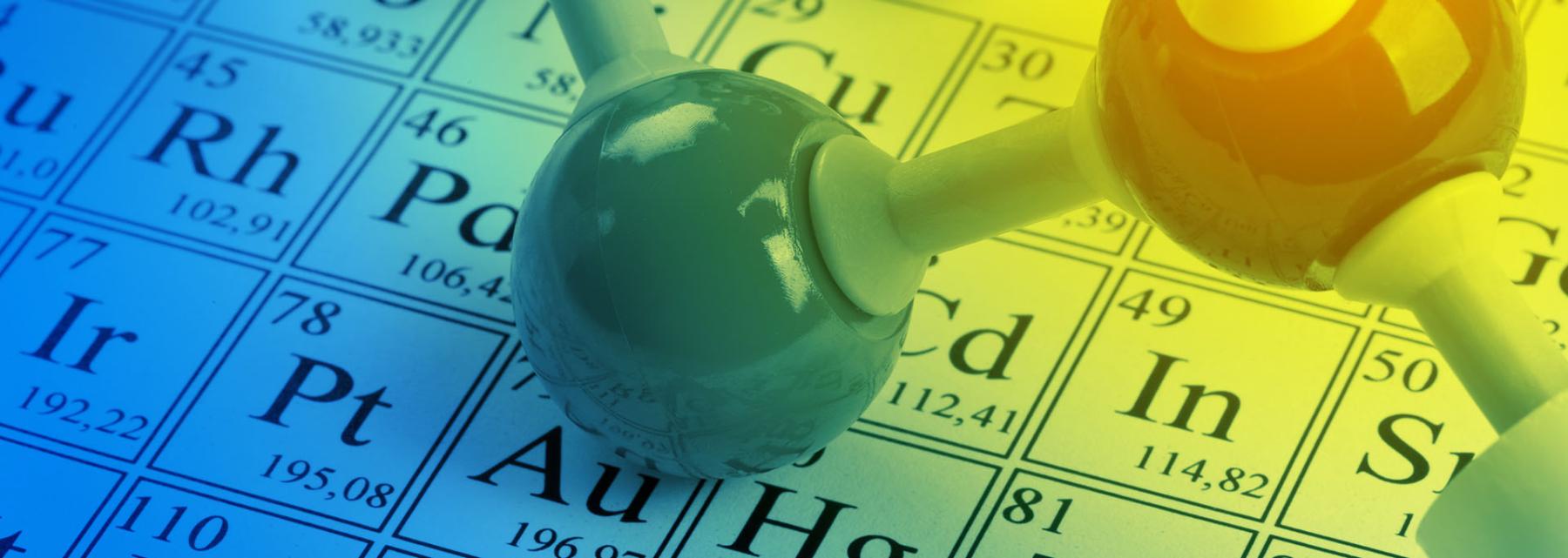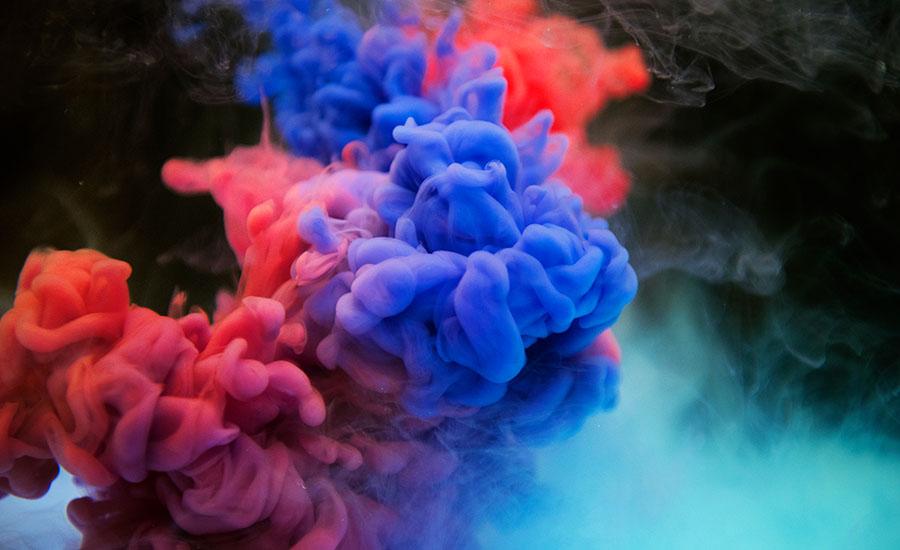
Green Chemistry & Environmental Impact Analysis
by Jasmine Coleman
Students will unravel the intricacies of environmental impact analysis, gaining insight into its pivotal role in evaluating the sustainability of chemical processes. Through a blend of explanation, application, and interpretation, learners will navigate the stages of life cycle assessment (LCA) and decipher key indicators used to gauge environmental impact.
In small group settings, students will collaborate to collect data, perform LCA calculations, and craft compelling presentations showcasing their findings. Alongside technical proficiency, emphasis is placed on effective communication skills, both orally and in writing, enabling students to articulate key insights derived from their LCA analyses.
Furthermore, ethical and social considerations are woven throughout the lesson, prompting students to reflect on the broader implications of unsustainable chemical processes and explore innovative solutions to address these challenges. Throughout the lesson, students gain a deeper understanding of green chemistry principles and the tools necessary to champion sustainability in chemical endeavors.
Lesson Plan Link/URL
https://docs.google.com/presentation/d/1d_09eVVG_-IcOhnfdrHEKYm2KgDxv_RYi8bey6G…Subject Area
Science Physical Science P1: Matter Life Science L2: Organisms & Energy Engineering S4: Apply Science to Engineering English Language Arts (ELA) Writing Speaking & Listening
Featured
Off
Related Content

Grades:
7th Grade, 8th Grade, 9th Grade, 10th Grade, 11th Grade, 12th Grade
Want to incorporate the Arts into your 7-12 STEM classroom? The Global Science Opera provides a way to do just that! Learn how to facilitate a STEAM collaboration with arts teachers to make it happen.

Grades:
Kindergarten
This lesson provides the opportunity for kindergarten students to develop a mock oil spill and develop methods to help ocean life after an oil spill. Student will hypothesize methods that can

Grades:
7th Grade, 8th Grade, 9th Grade, 10th Grade, 11th Grade, 12th Grade
Students will combine science and art by using an alternative photographic process called cyanotypes or sun prints. After a short introduction to the history of cyanotypes and the process of creating